THE WORLD’S BEST SALESPEOPLE excel at asking engaging questions and actively listening to a prospect’s response without interruption. They master the art of posing high-impact questions that generate insightful responses which offer a glimpse into a prospect’s decision-making process, competitors also under consideration, the likelihood of purchase, or even the factors that will be weighed most heavily by decision makers. Prospects are generally amenable to answering the predictable questions related to business challenges they are facing or experiences with past products or services, but discomfort can creep into your prospect meeting when more challenging questions are asked, if you haven’t first earned the right to ask those questions. So what does it mean to “earn the right” to ask tough questions? It means you must build trust before probing into the soul of your prospect. Do this by demonstrating good listening skills showing your integrity by citing examples illustrating how you have customers’ best interests at heart, proving competence in what you’re selling, and showing you trust your prospect by giving a bit of insight into what makes you tick. Once trust is built, how do you ask the tough questions? Sometimes it means warming a prospect up to the topic. If your goal is to determine if the prospect really intends to buy from you, begin asking preliminary closing questions throughout your conversation, such as “Can you see this service being valuable to your team?” and “Does this sound like a service in which you’d be interested in investing?” There are other questions that just need to be asked directly, with eye contact and without wavering or fidgeting, as though you ask these every single day from prospects that are more than happy to address them with you. These might include topics such as budget, influencers involved in the purchase decision, who has the ability to sign a contract, and a request for an introduction to that person. If you are feeling uneasy about asking challenging questions, reflect on why. With most sales reps, it’s due to hope or fear. As long as you don’t ask tough questions that could result in a “no,” you can continue to hope that your efforts will result in a sale, despite the reality of the situation. You may also be fearful that despite all of your best efforts, your prospect still isn’t interested in buying from you. And asking tough questions may require you to face that inevitable “no” before you’re ready. Hope and fear are just a recipe for wasted effort. Stop wasting your time and your prospects’ time. Ask the tough questions as soon as you’ve built enough trust to do so, and focus on prospects that can truly benefit from your unique offering.
Recent Posts
- Post-Purchase: The Most Overlooked Stage for Lifetime Value Growth (and It’s Costing You)
- Qualitative vs. Quantitative: The Research Mix That Guarantees Outcomes
- The MROI Formula CEOs Should Actually Be Using (and Most Aren’t)
- What Customers Really Think of Your Positioning (and Why It Matters)
- How to Overcome the Resistance That Keeps Teams Stuck in Old Strategies
Related Posts
 Marketing StrategyOtherSales
One Team, One Dream
Marketing StrategyOtherSales
One Team, One Dream
One Team, One Dream
TEAMWORK: every highly successful team gets just how important it is to propelling an organization…
RedRover Sales & MarketingApril 23, 2024
 Marketing StrategyOtherSales
Marking Your Territory
Marketing StrategyOtherSales
Marking Your Territory
Marking Your Territory
I BET you didn’t think your dog could teach you anything about marketing. I’ve learned…
RedRover Sales & MarketingApril 23, 2024
 OtherSales
The Brain Bone’s Attached to the Wallet Bone
OtherSales
The Brain Bone’s Attached to the Wallet Bone
The Brain Bone’s Attached to the Wallet Bone
LOOKING AT YOUR BRAIN Neuromarketers can predict how you’ll respond to advertising. While it may…
RedRover Sales & MarketingApril 23, 2024

